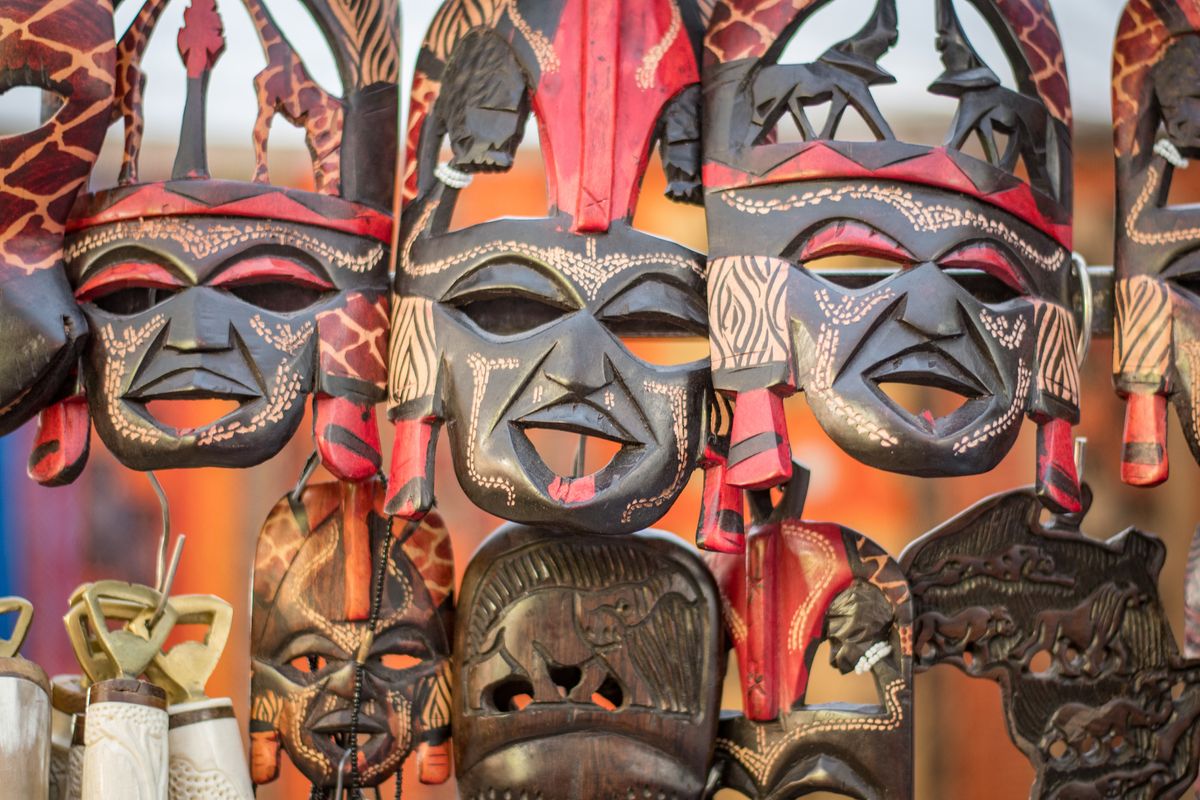
Folklore plays a vital role in shaping cultural identity by preserving and transmitting a community's beliefs, values, and traditions. It includes oral traditions, customs, and material expressions that are passed down through generations, serving as a form of informal education that imparts moral lessons and societal norms[2][3][5].
Additionally, folklore fosters social cohesion by creating shared experiences and communal bonds during festivals, rituals, and storytelling events[1][6]. It reflects a community's collective memory and identity, offering insight into their historical experiences and contemporary challenges[4][6]. In this way, folklore remains dynamic and relevant, adapting to modern contexts while maintaining cultural significance[1][5].
Get more accurate answers with Super Pandi, upload files, personalized discovery feed, save searches and contribute to the PandiPedia.
Let's look at alternatives:
- Modify the query.
- Start a new thread.
- Remove sources (if manually added).